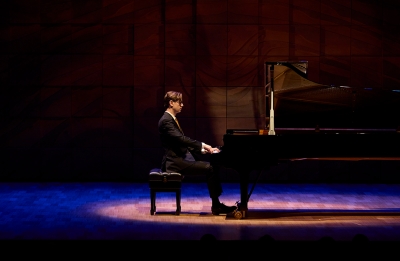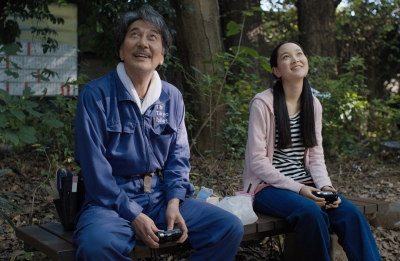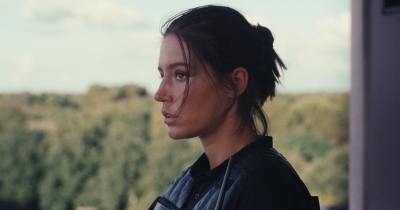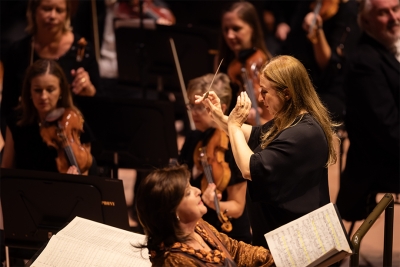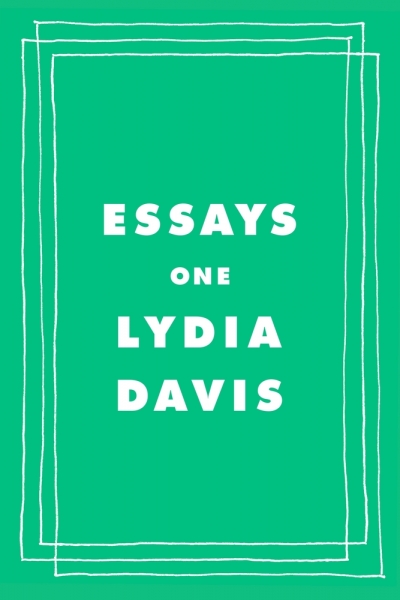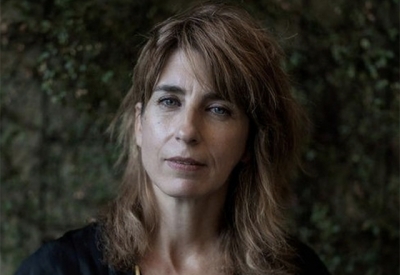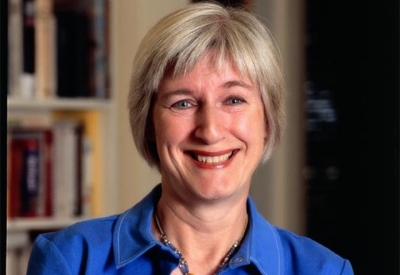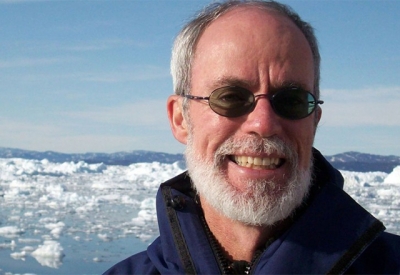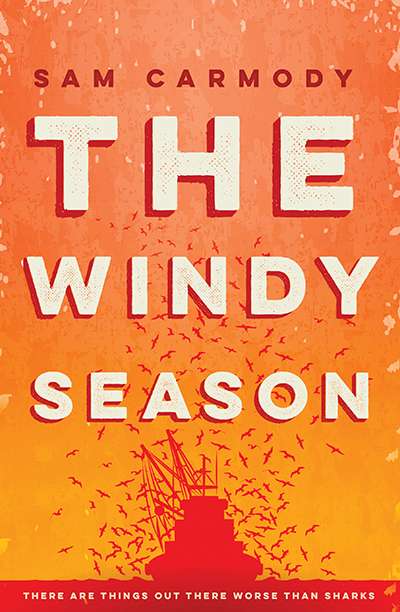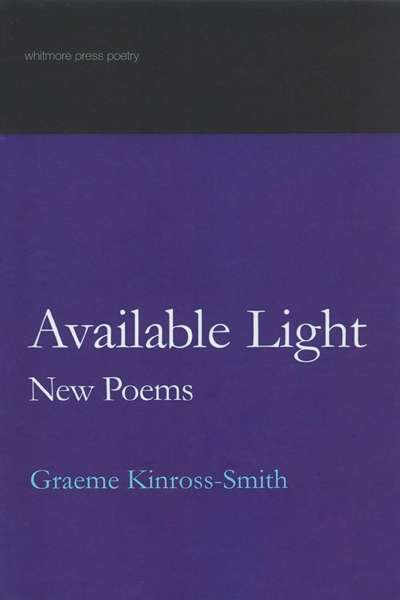Poem
‘Rinbo Abdo’, a new poem by Philip Mead
by Philip Mead
There’s a poem that begins
But that other wreck, where the crew tumbles out of a bad dream
and into a worldwide storm of interpretation.
Life is inhearsed, everything’s on affective hold for an hour
as the heavens pause. A melancholy playlist is blinking its lights.
It was the time when the awful narrative of their journey
was lost at sea, the violence of the weather and the politics
of humans and demi-gods all cast into the deep.















